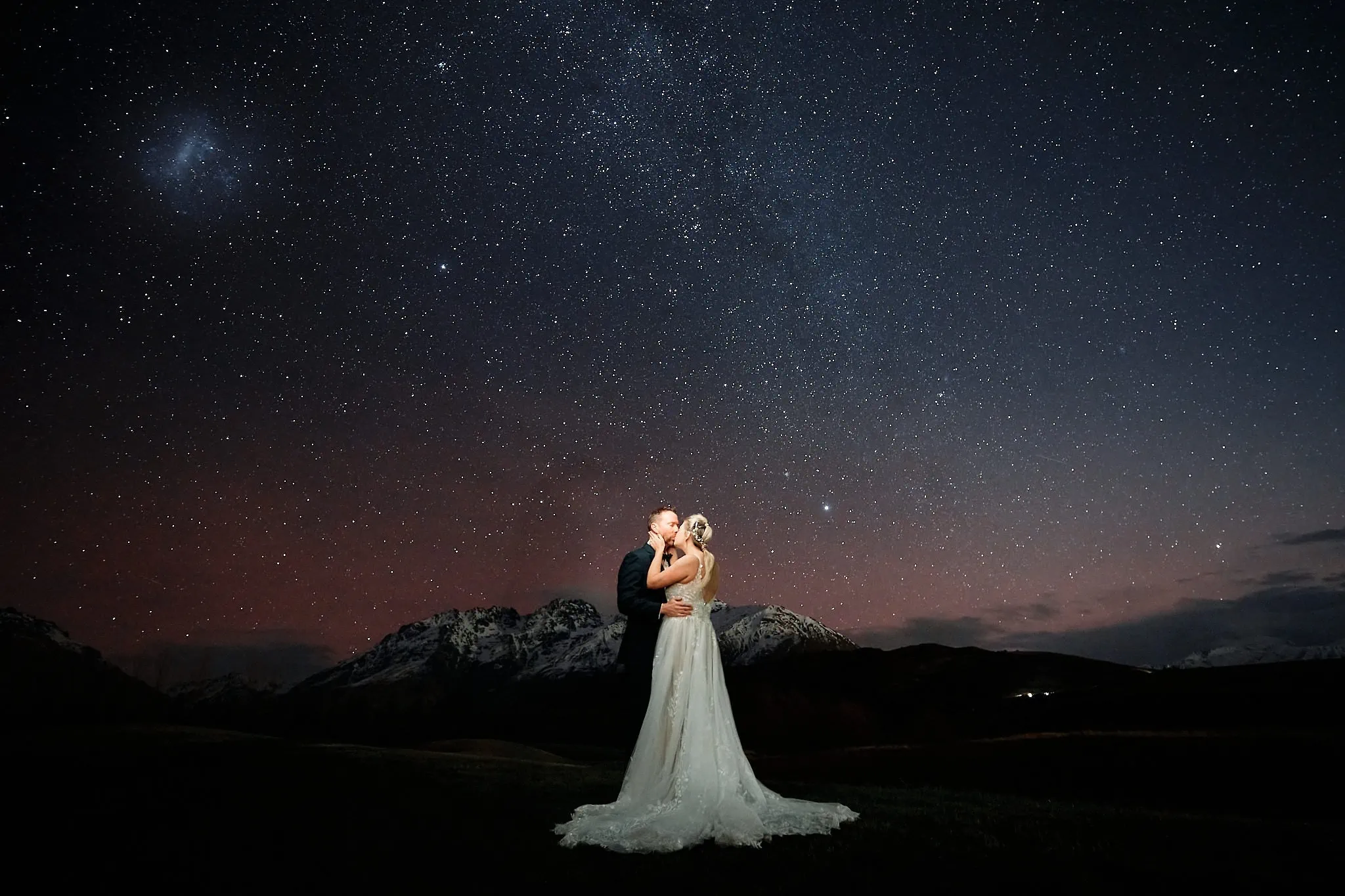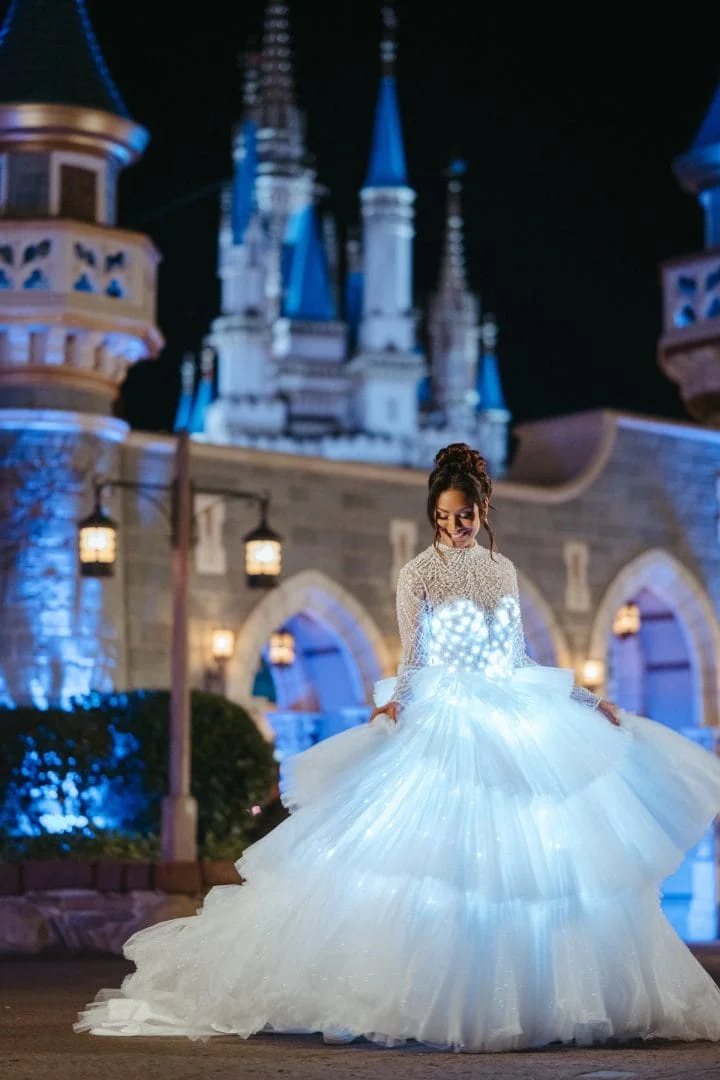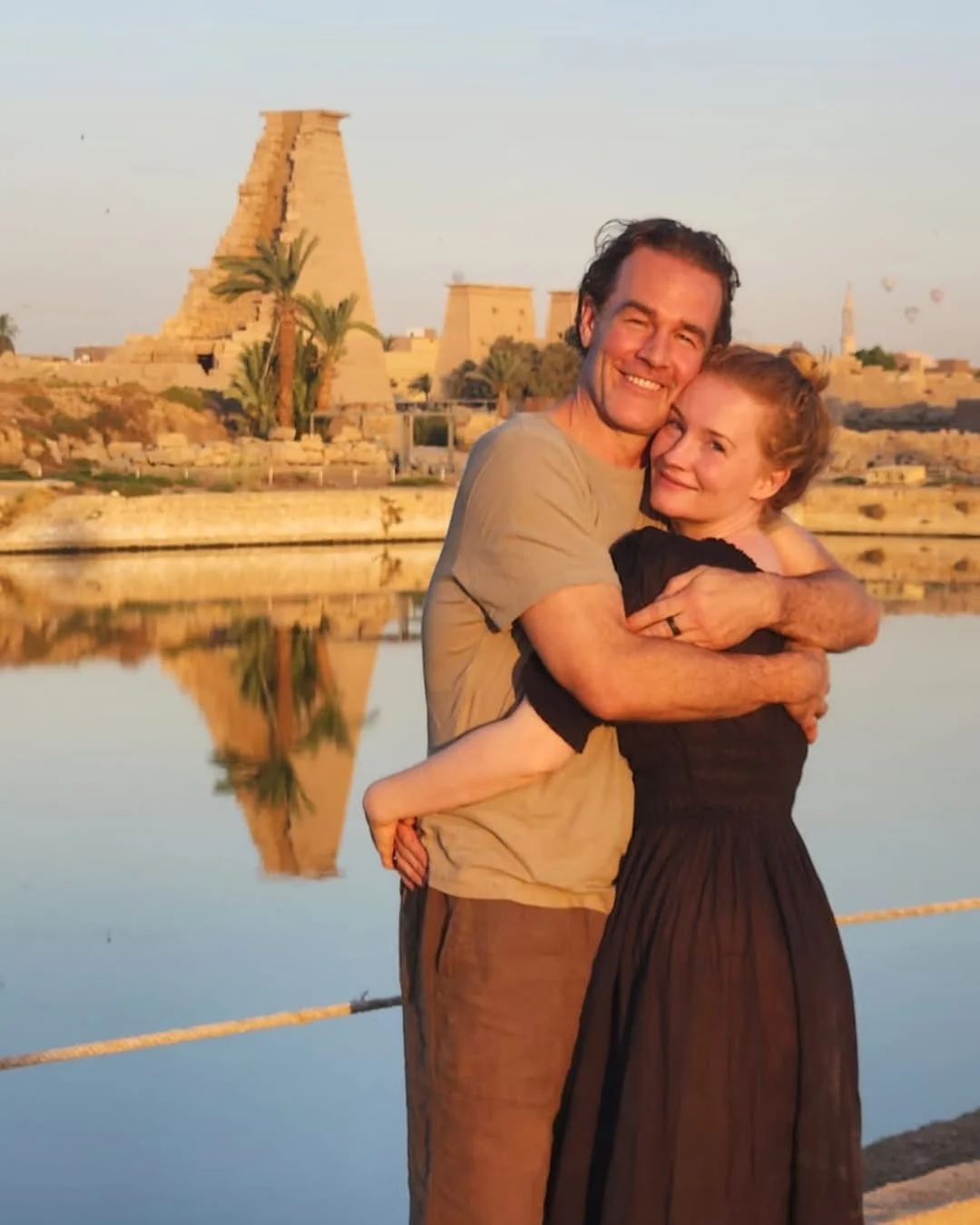

In Fiji, weddings are not just events but also an embodiment of cultural traditions and customs, the rich heritage of the Fijian people shines through in their fascinating wedding traditions, adding an extra layer of charm and uniqueness to these special ceremonies.
We’re shining the spotlight on ten Fijian wedding traditions that will offer your guests an insight into the cultural tapestry of the Islands.
Before the wedding festivities commence, the groom’s family pays a visit to the bride’s family to present a Sevusevu, a traditional offering of Yaqona (also known as kava).
This ceremony symbolizes respect, acceptance and the coming together of the two families. The presentation of a Sevusevu strengthens the bond between the families and sets the stage for the wedding.
In the Tovolea ceremony, the bride and groom seek blessings from their respective families’ elders. The elders place their hands on the couple’s heads and offer prayers for a harmonious and prosperous marriage. This deeply heartfelt tradition signifies the importance of family and the wisdom passed down through generations.
The Bilo ceremony is a significant part of a Fijian wedding. The couple exchanges a bilo (a polished coconut shell cup) filled with Yaqona as a symbol of their commitment and unity. Sharing this traditional drink with each other signifies their willingness to support and nourish one another throughout their married life.
No Fijian wedding is complete without the vibrant and energetic performance of the meke, a traditional dance accompanied by melodious music. The meke showcases the unique cultural heritage of Fiji, with graceful movements and spirited rhythms that captivate both the couple and their guests. It is a joyous expression of love, celebration and community.
In Fijian weddings, the groom typically wears a sulu jaba, a traditional Fijian garment. The sulu jaba consists of a long wraparound skirt (sulu) and a tailored shirt (jaba). This attire not only reflects the groom’s cultural heritage but also adds a touch of elegance and splendor to the wedding festivities.
Incorporating Fijian dishes plays a central role in Fijian weddings, with a sumptuous feast prepared to celebrate the occasion. Traditional Fijian dishes such as; kokoda (marinated fish in coconut cream), lovo (earth oven-cooked meats and vegetables) and palusami (taro leaves cooked in coconut cream), tantalize the taste buds of the guests, providing a unique culinary experience.
Veiyabaki, also known as the money dance, is a customary part of Fijian weddings. During this dance, guests pin money onto the bride’s gown or the groom’s sulu jaba as a gift to support the newlyweds in their journey together. The veiyabaki represents the community’s collective support and well wishes for the couple’s future prosperity.
READ MORE: THIS IS THE PERFECT TIME OF YEAR TO PLAN A WEDDING IN FIJI
Wedded Wonderland is delighted to introduce the Get Wedded in Fiji 2023 digital magazine, showcasing the unparalleled beauty and allure of destination weddings in Fiji. This annual magazine is accessible to everyone at no cost, and it’s designed to inspire couples to bring their dream wedding to life in this tropical paradise.
Read the magazine below!

From Venus retrograde wedding dates to birth chart...
LEARN MORE
Disney’s Fairy Tale Weddings marks its 35th anniv...
LEARN MORE
Days before his death at 48, James Van Der Beek r...
LEARN MORE